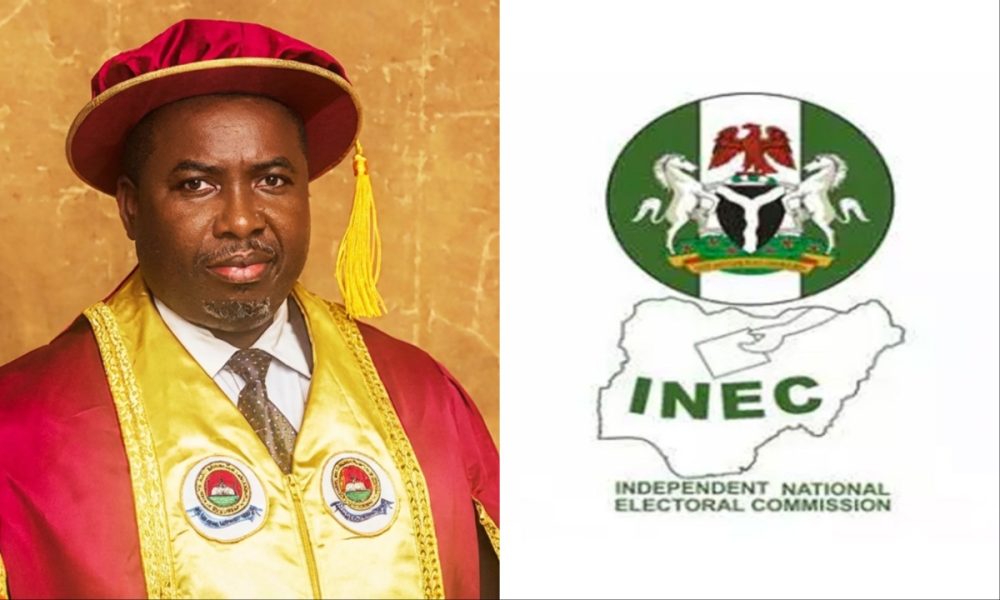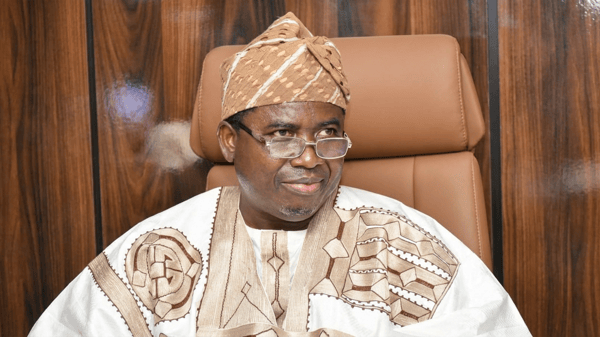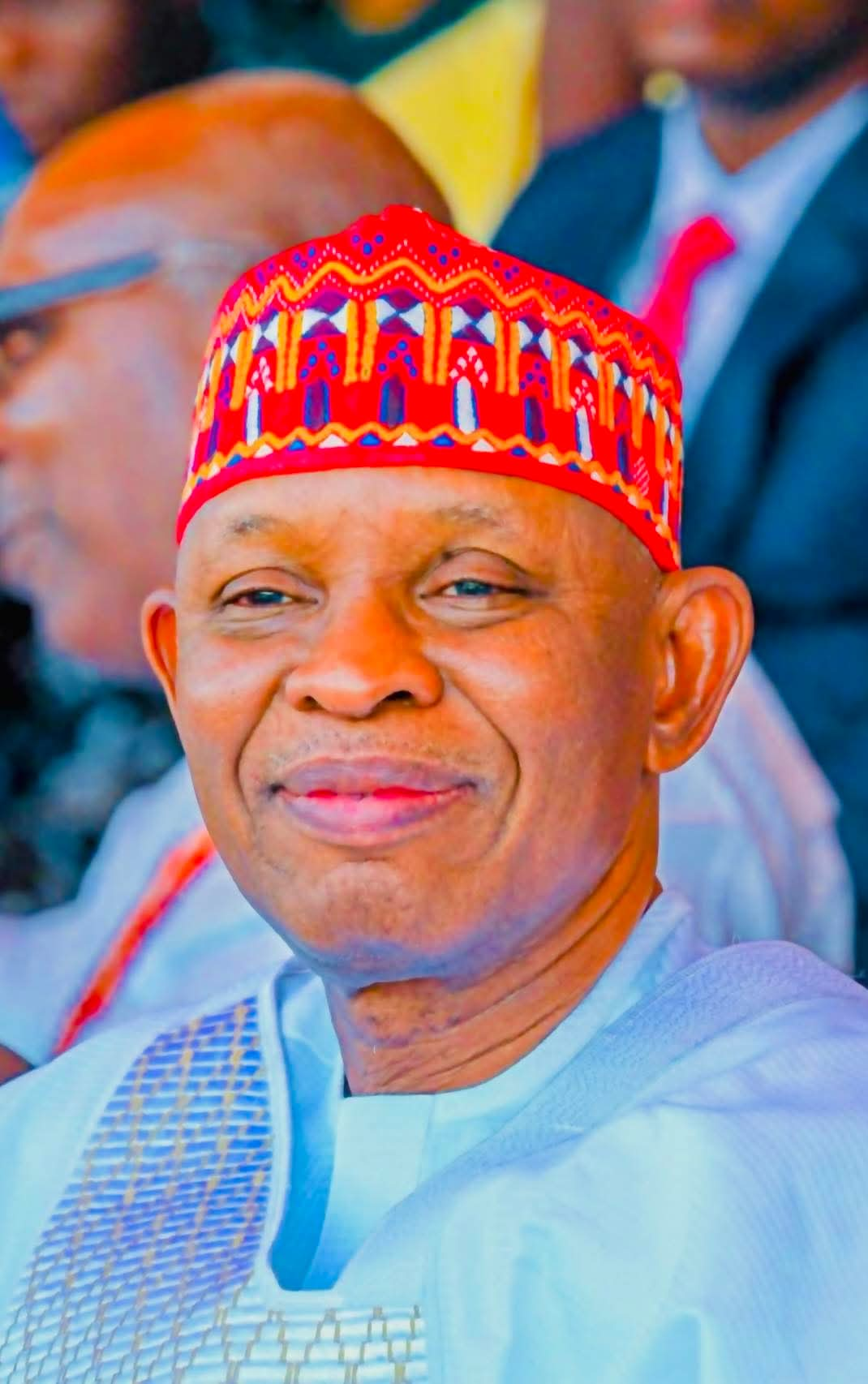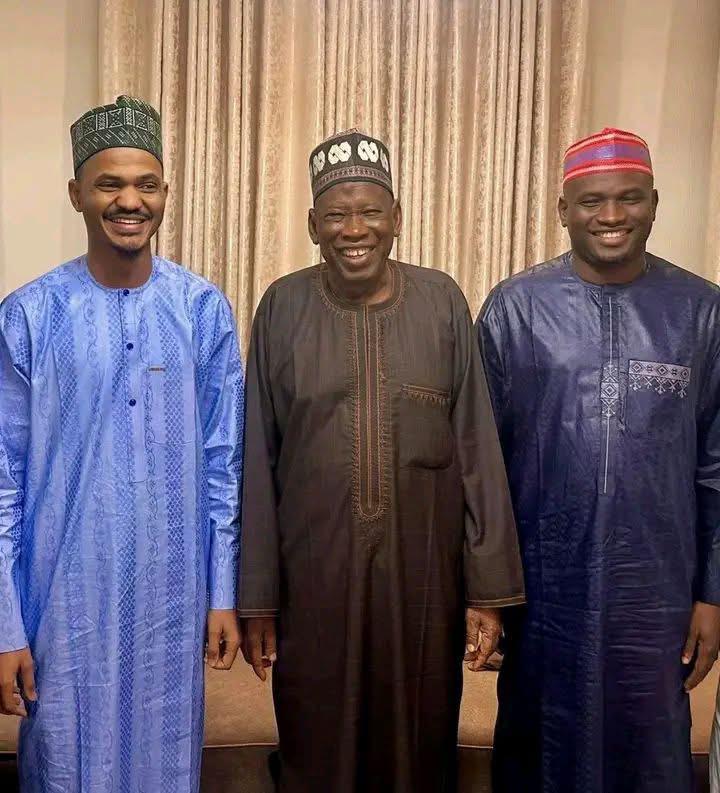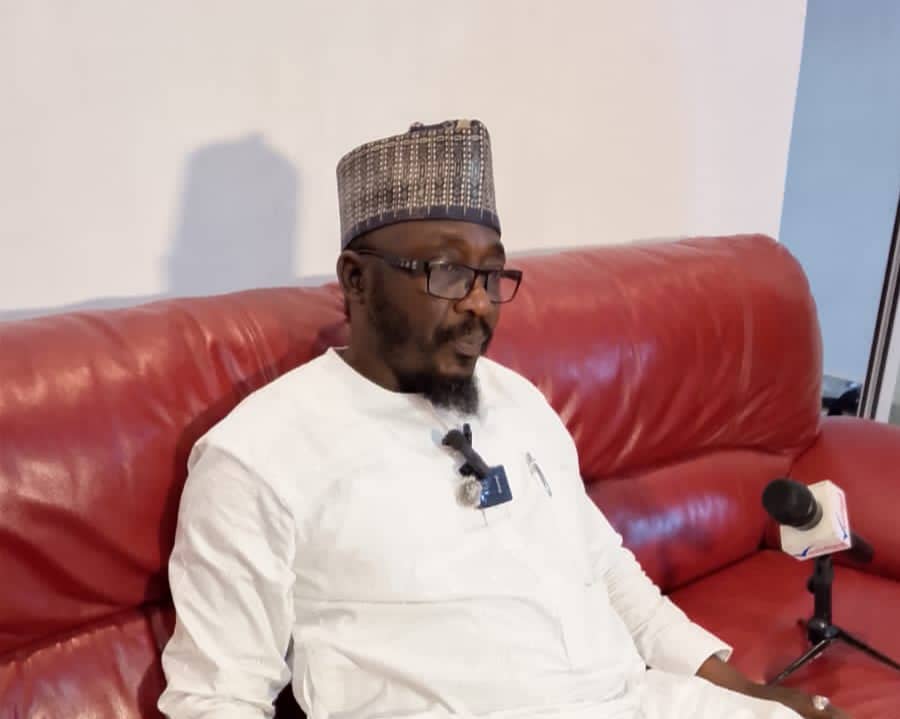The announcement by the Kano State Government to probe former Governor Abdullahi Umar Ganduje over the alleged sale of the Nigerian Meat and Allied Products (NIMAP) Abattoir has ignited controversy across the state.
Governor Abba Kabir Yusuf, through the Secretary to the State Government, inaugurated an 11-member panel headed by former anti-corruption chairman, Muhuyi Magaji Rimin-Gado, to investigate the transaction. The administration insists the probe is about accountability and recovery of public assets.
But many Kano residents and civil society groups see a different picture.
Read Also:
Police Probe Kano ALGON Chair Over Factory Assault Allegations
Only days ago, the Forum of Kano Civil Society Organisations Against Corruption staged a protest and solidarity walk, highlighting a litany of corruption scandals within the current NNPP-led government. These included the alleged diversion of ₦6.5 billion by the Director General of Protocol, Abdullahi Rogo, the Novomed multi-billion-naira medicine procurement scandal, the palliative diversion traced to warehouses of top aides, and questionable contracts under the women’s cash support and metropolitan road projects.
Despite these unresolved scandals, the government has chosen to launch an investigation into Ganduje—a move critics describe as a political distraction aimed at shifting public focus from its own credibility crisis.
Ganduje’s governance record
Dr. Abdullahi Umar Ganduje’s administration, despite political rivalries, is remembered for stability, order, and continuity in governance. His government not only executed projects initiated under his leadership but also completed those inherited from previous administrations—strengthening development and ensuring progress across the state.
From infrastructure to healthcare and education, Ganduje’s administration prioritized delivery and discipline in public service, giving citizens tangible results beyond partisan politics. These legacies stand in sharp contrast to the allegations of mismanagement and corruption now facing the NNPP government.
The politics of diversion
Launching probes against a past leader while failing to address corruption at home sends a troubling signal. To many, the current government’s selective accountability smacks of hypocrisy and political score-settling rather than genuine reform.
The NNPP administration, still struggling with internal scandals and administrative lapses, risks being defined more by its distractions than its achievements. Targeting Ganduje without first cleaning its own house undermines the credibility of its anti-corruption rhetoric.
The need for genuine accountability
Accountability must be consistent, transparent, and devoid of political undertones. If Governor Abba Kabir Yusuf’s administration is serious about fighting corruption, it must first confront the scandals within its fold—recover looted funds, strengthen due process, and rebuild public trust through reforms that touch the lives of ordinary citizens.
History will not judge leaders by the number of panels they inaugurate, but by the reforms they sustain and the integrity they uphold. In this respect, Ganduje’s legacy of continuity and delivery speaks louder than attempts to erase it with selective probes.
For Kano, the real challenge is not revisiting past shadows but building a credible future where governance is rooted in solutions, not distractions.


